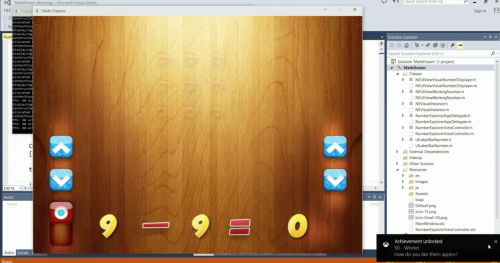Applications Android si iOS they will arrive in Windows 10 starting this year, or at least that's what the Microsoft company wants, which has prepared a special version of the Visual Studio program that will allow you to quickly port applications. The American company has created a system that automatically recompiles applications to work in Windows 10, so developers will have a limited number of changes to make.
Developers can introduces applications developed in Objective-C in the new version of Visual Studio, and the program will transform applications for iOS or Android into universal applications for Windows 10. In this idea, the applications will be able to be run on any of the products that run this operating system, whether they are tablets, smartphones or PCs as usual.
We want to enable developers to leverage their current code and current skills to start building those Windows applications in the Store, and to be able to extend those applications. THE IDEA IS SIMPLE, THE EXECUTION IS A LITTLE MORE COMPLEX. At times we've thought, let's just do iOS. But when we think of Windows we really think of everyone on the planet. There's countries where iOS devices aren't available.
Microsoft has created a special set of APIs that mimic the functionality of those designed by Apple or Google, so the entire experience offered by ported applications could be unsatisfactory for developers or users. Despite this, Microsoft is confident that it can attract new types of developers to the Windows 10 platform, and it will probably succeed to some extent.
Microsoft has been struggling for several years to increase the number of applications available in its Marketplace, and this change made for Windows 10 will probably motivate new developers to port their applications. Microsoft demonstrated on the stage of today's Build 2015 conference how well Android and iOS applications run in Windows 10, so interesting things await us in the future.
The bad part for developers of applications for the iOS platform is that Microsoft does not currently offer support for the Swift programming language and probably will not do so in the near future.

















